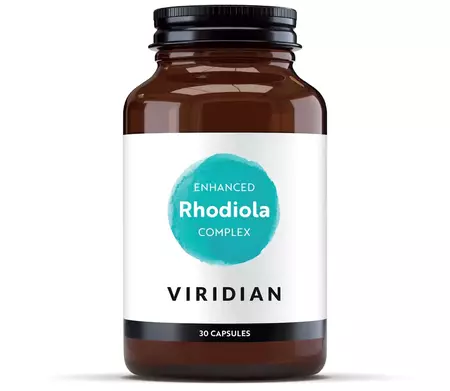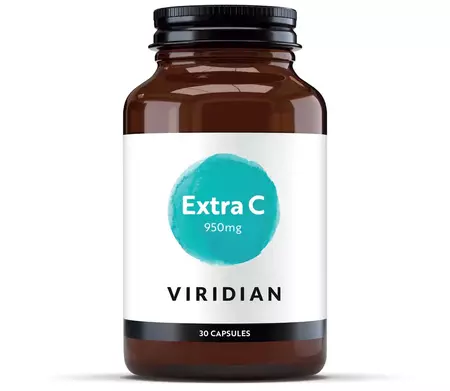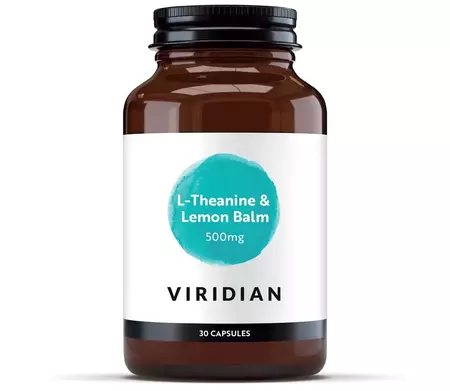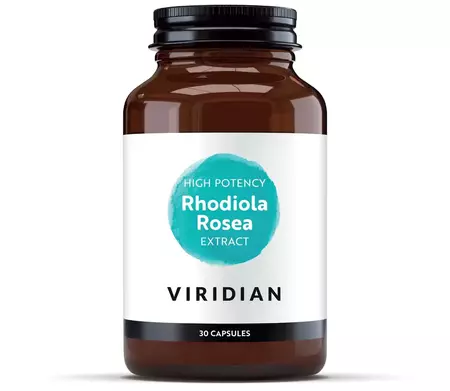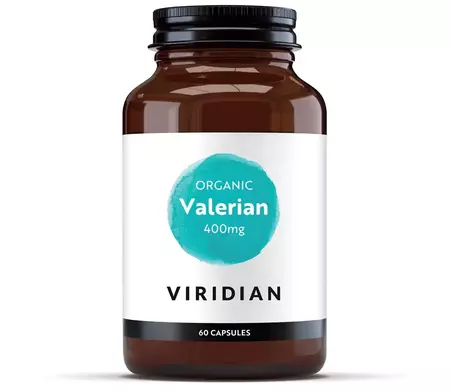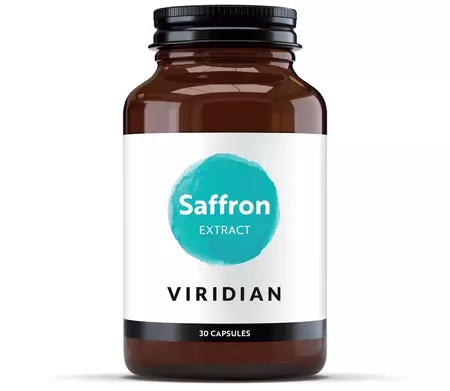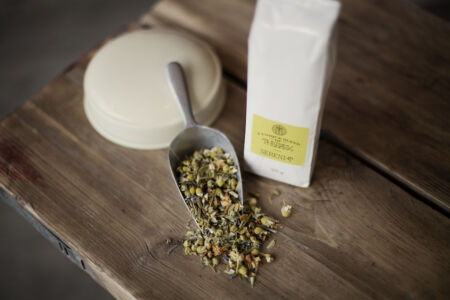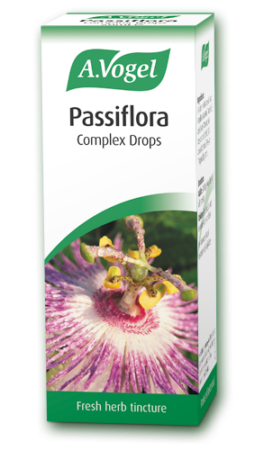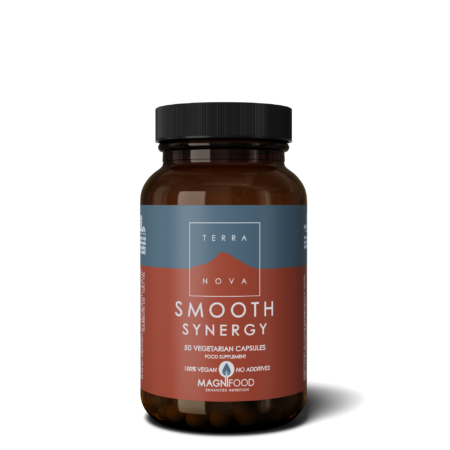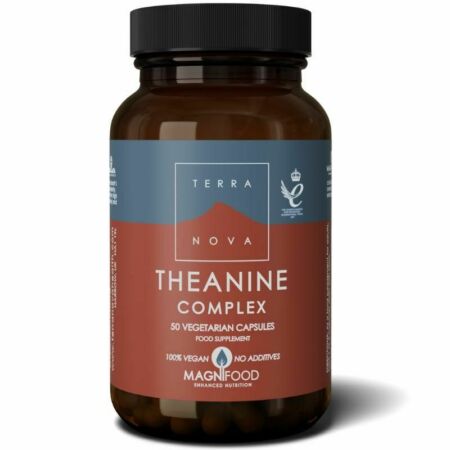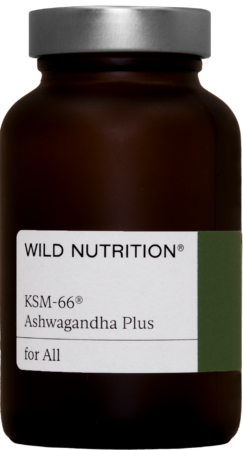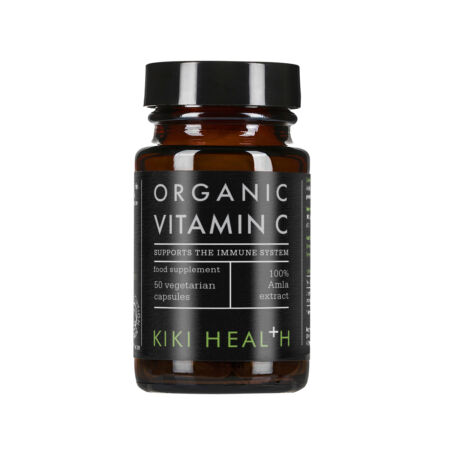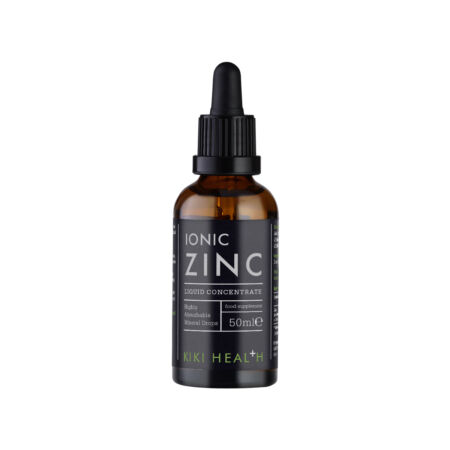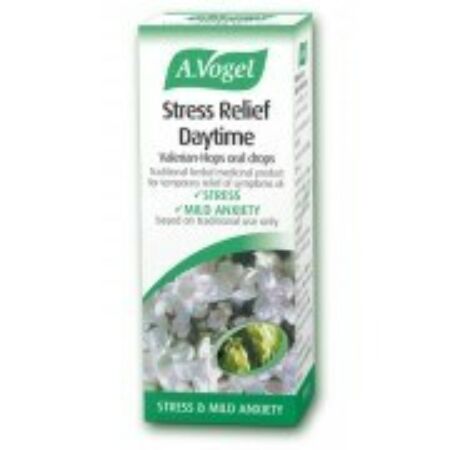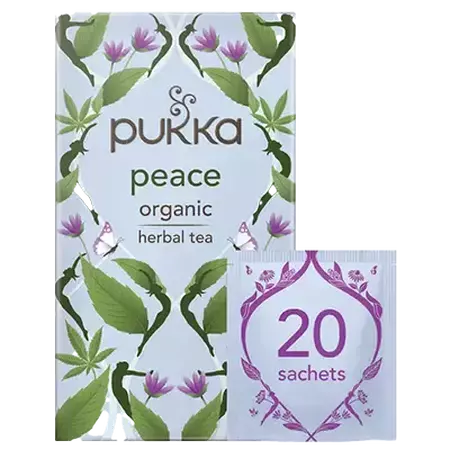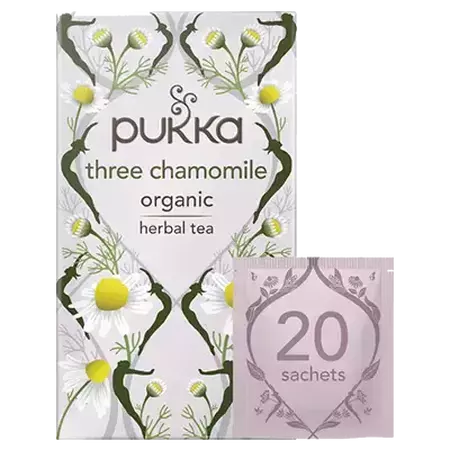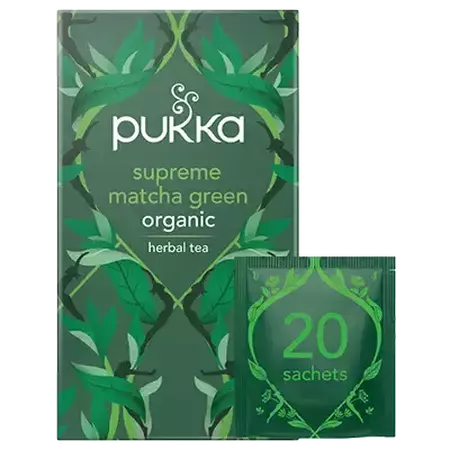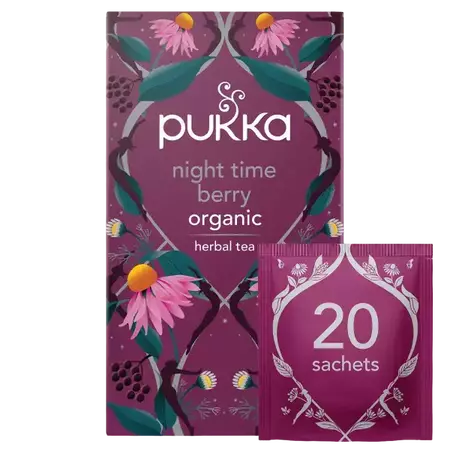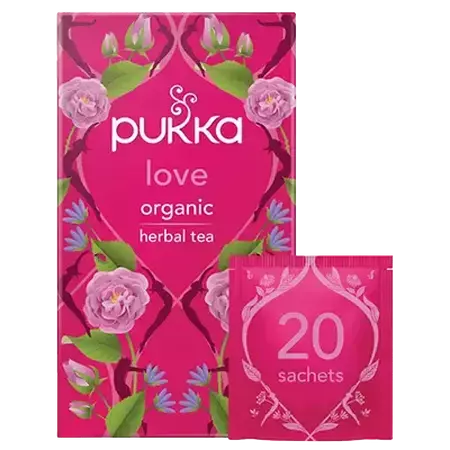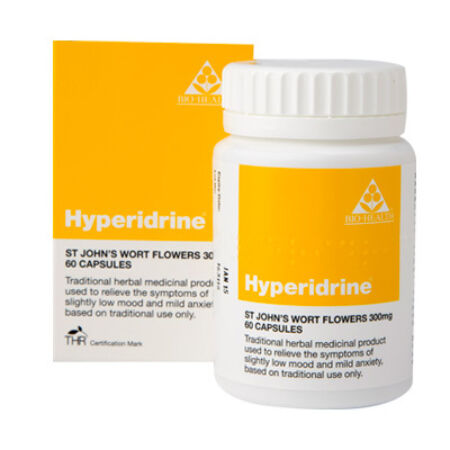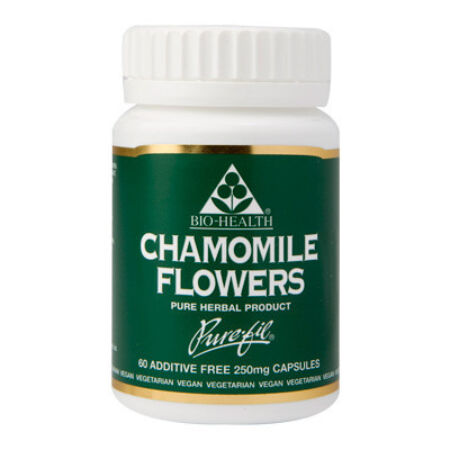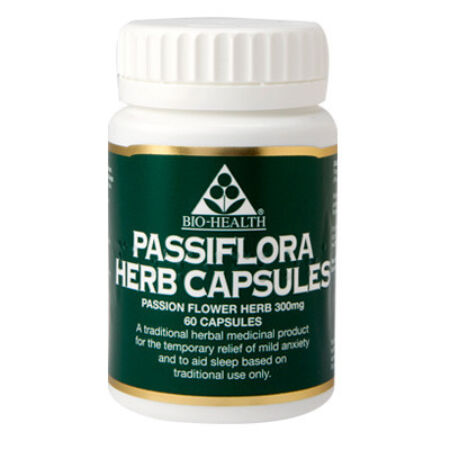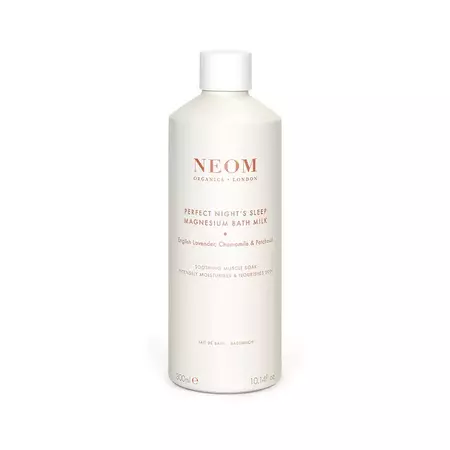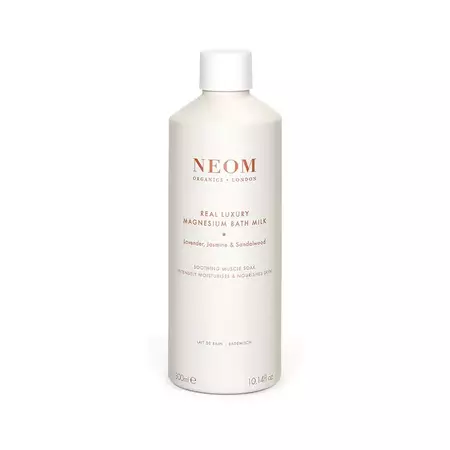Read our article about stress and anxiety and learn more about lifestyle factors and nutritional supplements that have been well researched to support this response and reduce symptoms.
What is anxiety?
Anxiety in an umbrella term which encompasses other sub-groups including panic, social anxiety, generalised anxiety, phobias, agoraphobia and post-traumatic stress. Anxiety is typically characterised as an overwhelming fear that something terrible is going to happen[1]. It is a rational response when actually faced with danger, but some people will experience anxiety without any danger being present.
There are many contributing factors which can lead someone to experience anxiety. Some of these are factors beyond our control such as trauma[2],difficult early-life experiences[3], grief, chronic stress/HPA dysregulation[4], low self-esteem. We then have more internal factors that contribute to anxiety including biochemical elements such as genetics, nutritional deficiencies[5], neurotransmitter co-factors, gut health[6], inhibited methylation process, excessive alcohol intake[7]
and some pathologies like thyroid disorders[8].
Typical symptoms of anxiety are feeling overwhelmed, feeling loss of control, fear, sweating, increased heart rate, tinging in arms and hands, hyperventilating, dizziness, nausea and vomiting may be experienced in extreme cases.
Please also see our article on Panic Disorder / (Anxiety) - in which we provide more information on panic attacks and different types of anxiety that people experience.
What can be done about anxiety?
When it comes to anxiety, we frequently cannot address the external factors that are beyond our control but we can support ourselves by taking control of the elements that we can influence to reduce the severity of how we experience this. We cover some of these areas below from Nutritional considerations but we should point out that a multidisciplinary approach here can be very helpful. For example, when it comes to anxiety from phobias, other treatment modalities such as CBT can be very helpful or if there is past trauma then perhaps counselling should also be considered as adjunct therapies taking into account an holistic approach.
Nutrition for anxiety: diet and supplement advice
Vitamin C
Vitamin C is widely associated to stress related disorders such as anxiety[9]. Humans have a slightly different make up to most other animals when it comes to this vitamin... It is an essential nutrient that we have to get from food and cannot synthesize ourselves unlike most other animals who can manufacture it themselves. For example goats can produce 2-4g daily and this is upregulated greatly in response to stress[10]. This is quite our design flaw when it comes to the fact that in modern times, we have not well evolved to deal with the stressors that we put upon ourselves. The good news is that with good intake of this nutrient, it does appear to significantly improve the stress response[11].
There are easy ways to incorporate daily intake of this nutrient such as starting the day with a water and the juice of half a lemon or lime. Or for example having a little grapefruit with breakfast (assuming you are not taking medication that often interacts with this food). Supplements may be helpful too if dietary intake isn’t sufficient. Vitamin C 500mg + Zinc
Blood Sugar Balance
Blood sugar regulation is important when managing anxiety as insulin spikes may cause anxiety symptoms to be exacerbated. Studies are still more observational than on a large scale basis of this relationship between a high glycemic diet and the onset of anxiety and depression but this does warrant further investigation in future studies[12].
Interestingly the reverse pattern is more thoroughly researched in that states of anxiety and depression can also lead to elevated blood sugar through the increased cortisol level and altered insulin responses[13].
This cycle of anxiety leading to elevated blood sugar and elevated blood sugar leading to heightened anxiety can be supported with dietary intervention. The problem is that when we are stressed, we are more naturally inclined to reach for high glycemic foods such as biscuits or bread. It is important to understand this and try to break this pattern by eating healthy nutritious and filling meals that help to balance the blood sugar response. Aim to have a healthy source of protein and fat in each of your three meals a day, including fish, lean meats, lentils, beans, pulses, avocados, nuts or eggs. See our dedicated article on Blood Sugar Balance here.
Reduce stimulants
Remove stimulants such as caffeine and alcohol. These upregulate the nervous system, which is the opposite effect of what we are trying to achieve when working to reduce anxiety[14].
Similar to the blood sugar response above, caffeine increases the cortisol response from the adrenals which is what we already manufacture too much of in states of chronic stress and anxiety. We want to avoid anything that further feeds this cycle. Equally too, as well as alcohol being a stimulant, it is also has a high glycemic response in our body again fuelling the cycle. Pukka Peace (20 sachets) - naturally caffeine free.
Essential fats
Omega three essential fats, particularly EPH and DHA[15] found in oily fish have anti-inflammatory and neuroprotective effects[16]. The extent of change that can be influenced in clinical anxiety appears to be dose dependant with a daily intake over 2000mg per day getting significantly better results than those on lower doses[17]. Mindful Fish Oil (30 Caps)
Dietary sources such as flax seed and oily fish are helpful but higher doses from supplement form may be useful in some cases to help break the cycle.
Magnesium
Magnesium is responsible for hundreds of enzymatic reactions in the body and can be an extremely effective nutrient for calming anxiety[18]. It is also supportive for sleep too and with optimal sleep we can help to readdress any potential imbalances in our circadian rhythm and in turn help to balance our natural stress response. The vast majority of people are at risk of a deficiency of this important nutrient given the significant decreases of this mineral in the food crops[19]
so it is important to assess whether this could be a driver of anxiety. Magnesium Glycinate - Pure Encapsulations.
Supplements are available as well as ensuring food sources are present in the diet from foods such as green leafy vegetables. Other methods of absorption via the skin are also possible with topical oils and creams that can be a lovely restorative way to add more magnesium whilst benefitting from the relaxing essential oils in these blends.
Ashwaghanda
Ashwagandha is an adaptogenic herb which it can help to balance our stress response which in turn helps us to reduce anxiety which is stress related[20]. Not a common herb to include in our diet so this is usually added as a supplement to the diet either on its own or in a formula designed to support the stress response. Ashwaghanda Extract - Organic (60 caps)
There are many other herbs and nutrients to consider such as B vitamins in their correct form and herbs such as Rhodiola and Siberian Ginseng. Please do contact us if you would like further information as to the right supplements to support symptoms of anxiety. Our Nutritional Consultations may also be helpful to look at dietary and lifestyle modifications her and also functional testing that may be appropriate such as the Adrenal Stress Index. Please do not hesitate to contact us to find out more.



